Learning and memory
Recent articles
Gene replacement therapy normalizes some traits in SYNGAP1 model mice
The first published virus-based gene therapy for SYNGAP1 deletion yields benefits despite the gene’s long length and complexity.
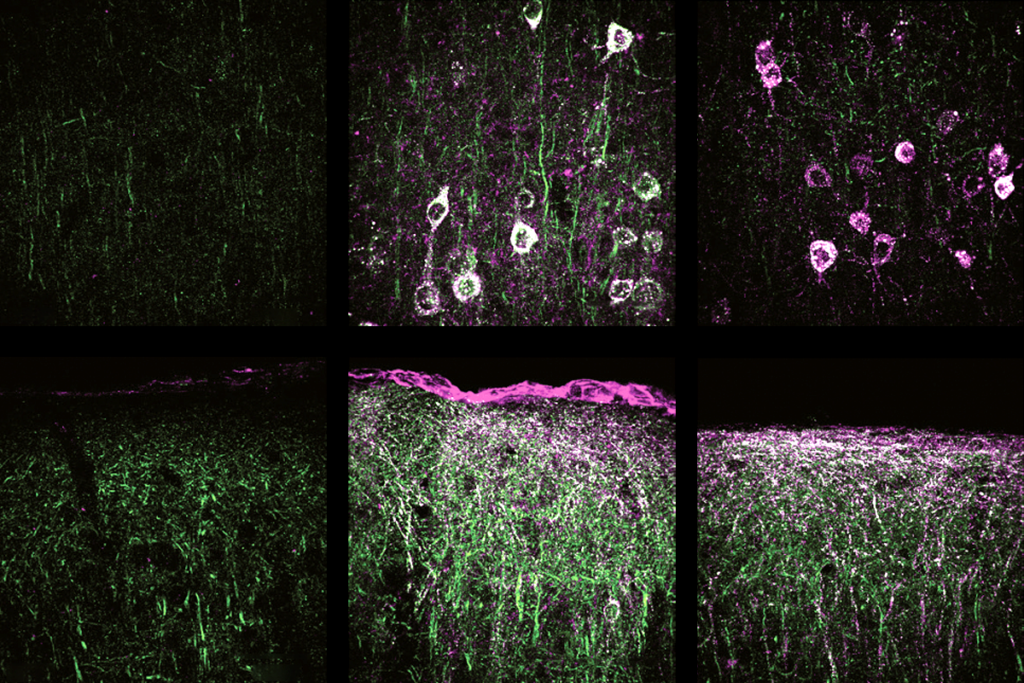
Gene replacement therapy normalizes some traits in SYNGAP1 model mice
The first published virus-based gene therapy for SYNGAP1 deletion yields benefits despite the gene’s long length and complexity.
Engrams in amygdala lean on astrocytes to solidify memories
Disrupting the astrocyte-neuronal dynamic in mice destabilizes their memory of fear conditioning.
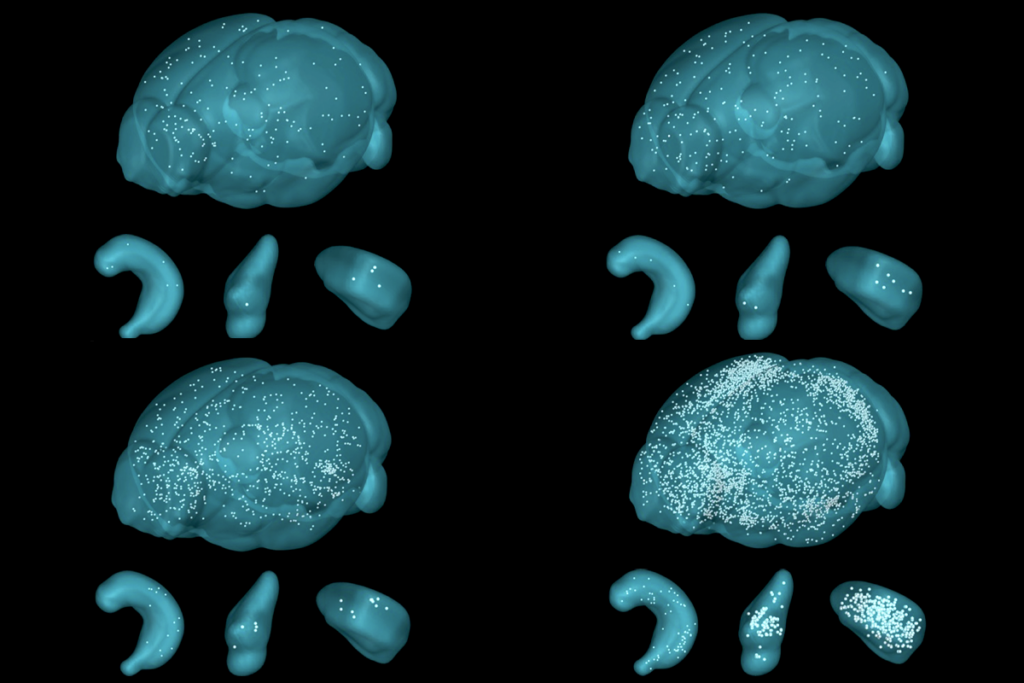
Engrams in amygdala lean on astrocytes to solidify memories
Disrupting the astrocyte-neuronal dynamic in mice destabilizes their memory of fear conditioning.
Sleep doesn’t just consolidate memories; it actively shapes them
The rapid eye movement (REM) phase preserves newly acquired memories, but deeper non-REM sleep helps to adapt and update them, according to “heroic” day-long electrode recordings in rats.
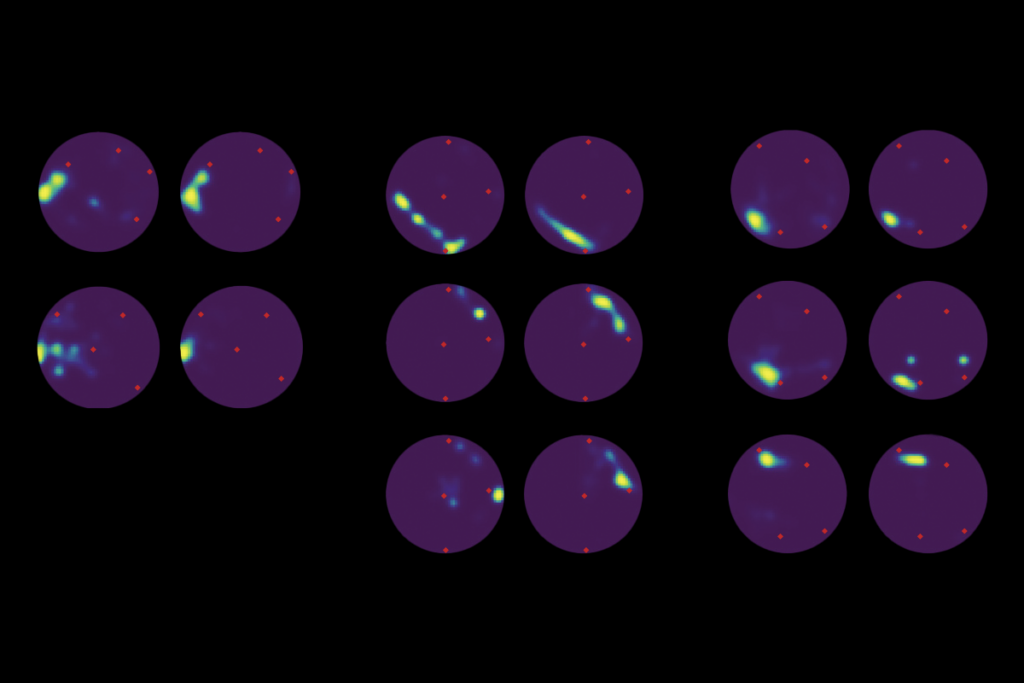
Sleep doesn’t just consolidate memories; it actively shapes them
The rapid eye movement (REM) phase preserves newly acquired memories, but deeper non-REM sleep helps to adapt and update them, according to “heroic” day-long electrode recordings in rats.
Single-neuron recordings are helping to unravel complexities of human cognition
As this work begins to bear fruit, researchers “are becoming less afraid to ask very difficult questions that you can uniquely ask in people.”
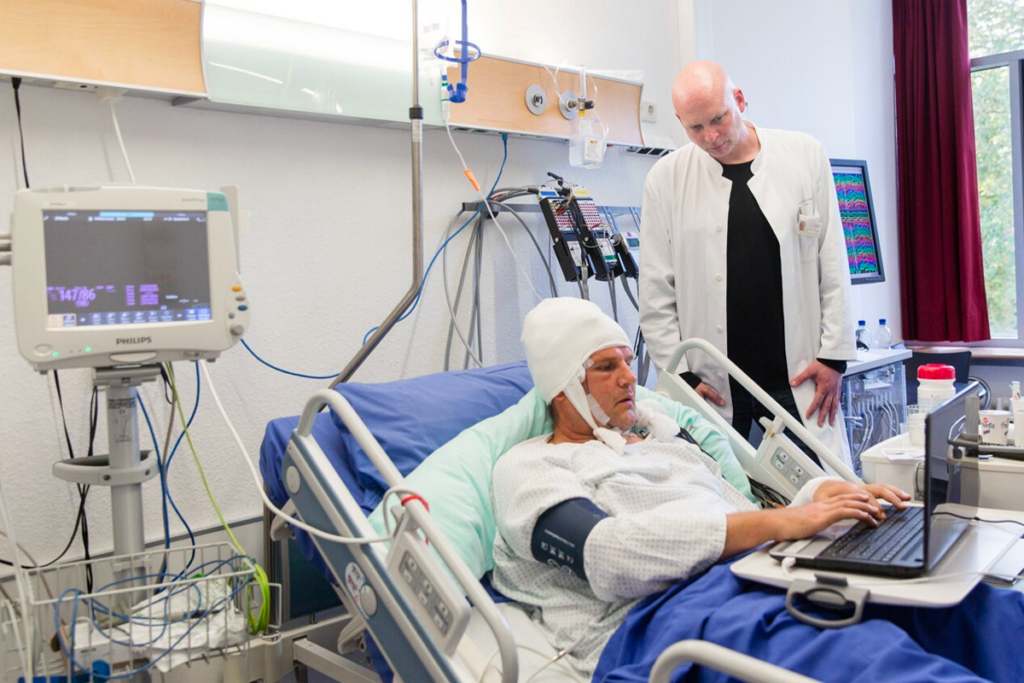
Single-neuron recordings are helping to unravel complexities of human cognition
As this work begins to bear fruit, researchers “are becoming less afraid to ask very difficult questions that you can uniquely ask in people.”
Astrocytes star in memory storage, recall
The cells, long cast as support players in memory research, can activate or disrupt fear memories, according to a new study.
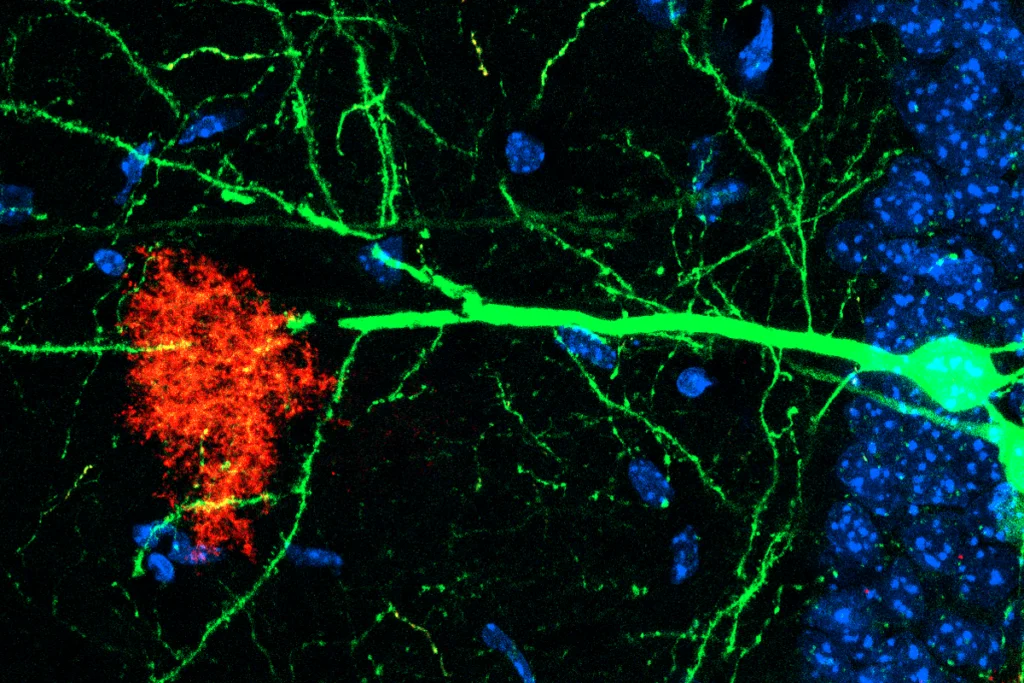
Astrocytes star in memory storage, recall
The cells, long cast as support players in memory research, can activate or disrupt fear memories, according to a new study.
How to teach this paper: ‘Coordination of entorhinal-hippocampal ensemble activity during associative learning,’ by Igarashi et al. (2014)
Kei Igarashi and his colleagues established an important foundation in memory research: the premise that brain regions oscillate together to form synaptic connections and, ultimately, memories.
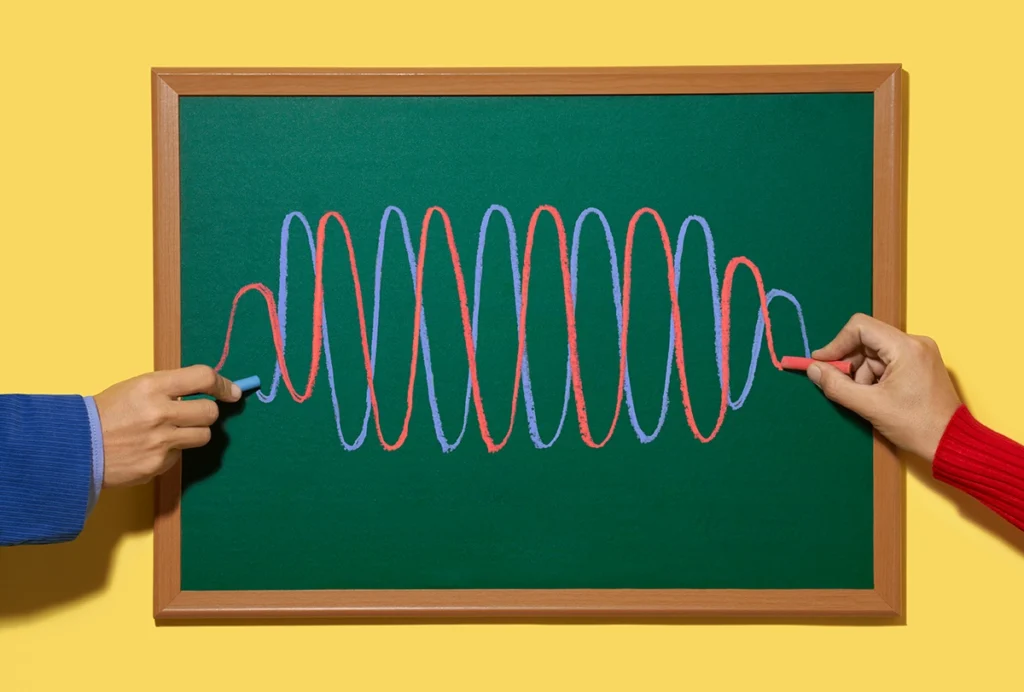
How to teach this paper: ‘Coordination of entorhinal-hippocampal ensemble activity during associative learning,’ by Igarashi et al. (2014)
Kei Igarashi and his colleagues established an important foundation in memory research: the premise that brain regions oscillate together to form synaptic connections and, ultimately, memories.
The value of math and spatial learning with Loren Frank
The Howard Hughes Medical Institute investigator discusses what drew him to study the brain and his current work at the University of California, San Francisco.
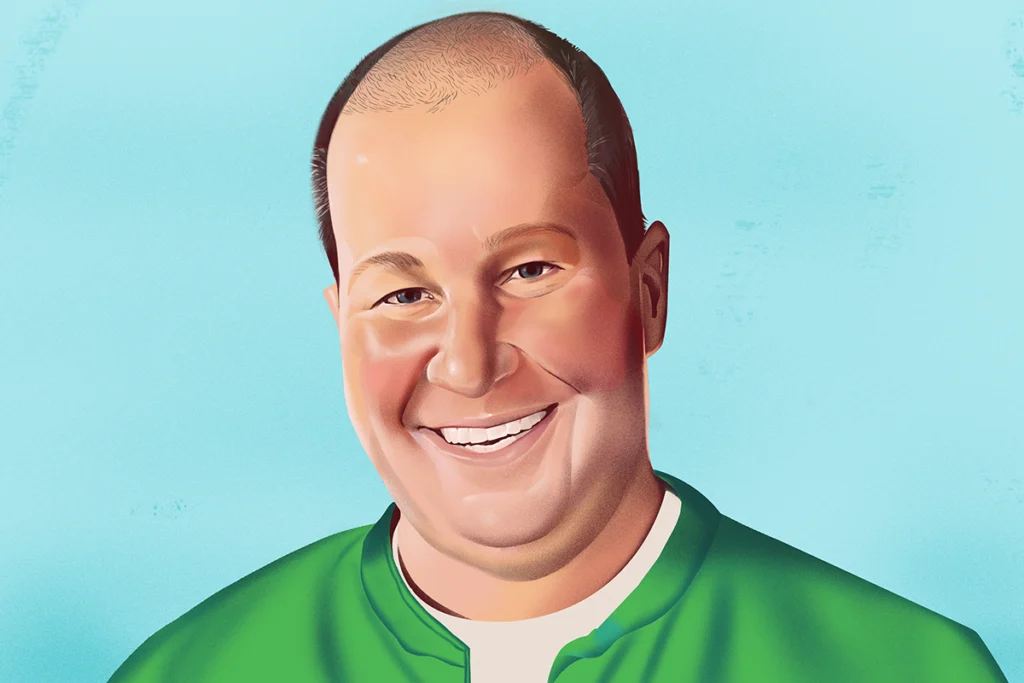
The value of math and spatial learning with Loren Frank
The Howard Hughes Medical Institute investigator discusses what drew him to study the brain and his current work at the University of California, San Francisco.
‘It must be something I ate’ is hard-wired into the brain
Feeling sick reactivates “novel flavor” neurons, according to a new study in mice, and points to a dedicated circuit for learning to avoid unsafe food.

‘It must be something I ate’ is hard-wired into the brain
Feeling sick reactivates “novel flavor” neurons, according to a new study in mice, and points to a dedicated circuit for learning to avoid unsafe food.
Neurons making memories shush their neighbors
When neurons strengthen their synapses, they “infect” surrounding cells with a virus-like protein to weaken those cells’ excitatory connections, according to a new preprint.
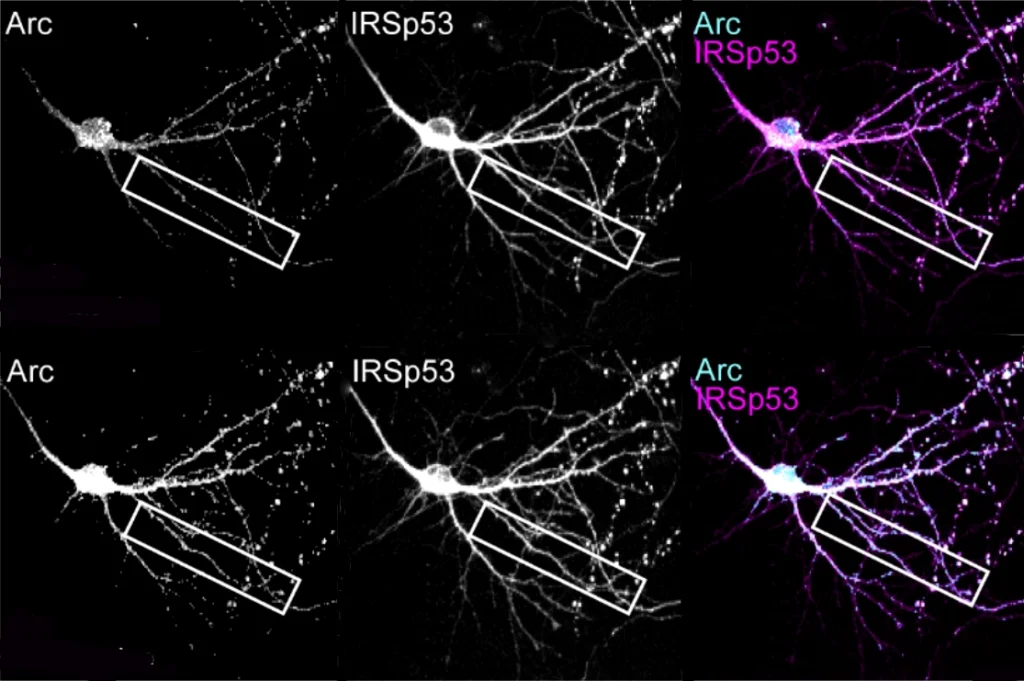
Neurons making memories shush their neighbors
When neurons strengthen their synapses, they “infect” surrounding cells with a virus-like protein to weaken those cells’ excitatory connections, according to a new preprint.
Synaptic protein’s shape-shifting skills propel plasticity
SYNGAP supports learning without tapping its eponymous “GAP” enzymatic activity, according to a new study.
Synaptic protein’s shape-shifting skills propel plasticity
SYNGAP supports learning without tapping its eponymous “GAP” enzymatic activity, according to a new study.
Explore more from The Transmitter
Neuroscience has a species problem
If our field is serious about building general principles of brain function, cross-species dialogue must become a core organizing principle rather than an afterthought.

Neuroscience has a species problem
If our field is serious about building general principles of brain function, cross-species dialogue must become a core organizing principle rather than an afterthought.
This paper changed my life: Ishmail Abdus-Saboor on balancing the study of pain and pleasure
A 2013 Nature paper from David Anderson’s lab revealed a group of sensory neurons involved in pleasurable touch and led Abdus-Saboor down a new research path.

This paper changed my life: Ishmail Abdus-Saboor on balancing the study of pain and pleasure
A 2013 Nature paper from David Anderson’s lab revealed a group of sensory neurons involved in pleasurable touch and led Abdus-Saboor down a new research path.
Sex bias in autism drops as age at diagnosis rises
The disparity begins to level out after age 10, raising questions about why so many autistic girls go undiagnosed earlier in childhood.

Sex bias in autism drops as age at diagnosis rises
The disparity begins to level out after age 10, raising questions about why so many autistic girls go undiagnosed earlier in childhood.